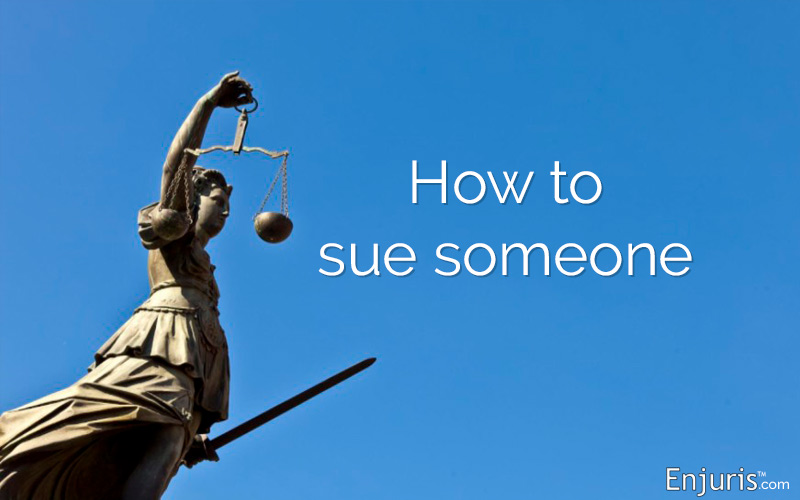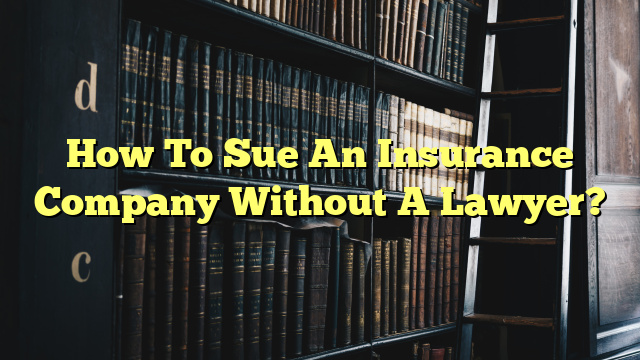Can I Sue My Business Partner For Abandonment

Business partners left in the lurch are increasingly asking: Can I sue for abandonment? The sudden departure of a partner can cripple operations, leaving the remaining owner(s) scrambling and exploring legal recourse.
This article examines the legal grounds for suing a business partner for abandonment, focusing on key factors like partnership agreements and fiduciary duties. We’ll break down the essential steps to consider if you find yourself in this precarious situation.
When Is It Abandonment?
Abandonment isn't just a partner taking a vacation. Legally, it signifies a clear and unjustified cessation of involvement in the business.
This often involves a prolonged absence, a failure to perform agreed-upon duties, and an explicit or implied intention to no longer participate in the partnership's operations. The absence must cause significant disruption to the business.
The Importance of a Partnership Agreement
A well-drafted partnership agreement is your first line of defense. This document should outline each partner's responsibilities, procedures for departure, and consequences for breaching the agreement.
If the agreement clearly defines what constitutes abandonment and specifies remedies, it strengthens your case. Without a detailed agreement, proving abandonment becomes significantly more challenging.
Key Clauses to Look For
Examine clauses related to duty of care, non-compete, and dissolution. These sections often address partner obligations and the process for ending the partnership.
Also check for any clauses that define acceptable reasons for a partner's temporary or permanent leave. A partner's departure under pre-approved conditions within the Partnership agreement can be considered acceptable and non-actionable.
Fiduciary Duty and Breach
Partners owe each other a fiduciary duty – a legal obligation to act in the best interests of the partnership. Abandonment can be considered a breach of this duty.
This breach occurs when a partner's departure harms the business and violates the trust placed in them. To prove breach of fiduciary duty, document the specific ways the abandonment has negatively impacted the business's finances, operations, or reputation.
What Can You Sue For?
If you successfully sue for abandonment, you may be entitled to damages. These can include lost profits, the cost of finding a replacement partner, and any expenses incurred due to the partner's absence.
Courts may also order the departing partner to forfeit their share of the business or compensate the remaining partners for the decrease in business value. The extent of these damages will vary based on your legal agreement and the severity of abandonment.
Gathering Evidence Is Critical
Build a strong case by documenting everything. Track communication, financial records, and operational disruptions.
Gather emails, letters, meeting minutes, and any other evidence demonstrating the partner's lack of involvement and the resulting harm. Testimony from employees, clients, or vendors can also strengthen your claim.
Seek Legal Counsel Immediately
Consult with a qualified business attorney as soon as possible. An attorney can assess your specific situation, review your partnership agreement, and advise you on the best course of action.
They can help you navigate the legal complexities of a partnership dispute and represent your interests in court. Don’t delay; statutes of limitations may apply.
Ongoing Developments
Cases involving partnership abandonment are highly fact-specific, and outcomes can vary. Keep abreast of relevant case law and consult with your attorney regarding the latest legal precedents.
The legal landscape surrounding partnership disputes is constantly evolving. Early legal intervention is the key to protecting your business.
















![Can I Sue My Business Partner For Abandonment Can I Sue My Father for Abandonment? [IS IT LEGAL] - FatherResource](https://fatherresource.org/wp-content/uploads/2022/08/Can-I-Sue-My-Father-for-Abandonment.webp)

